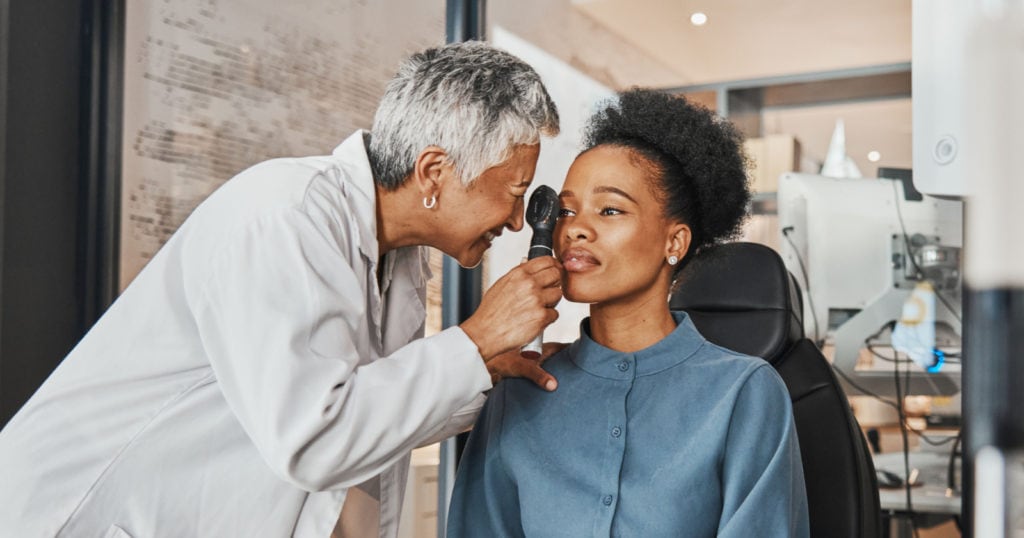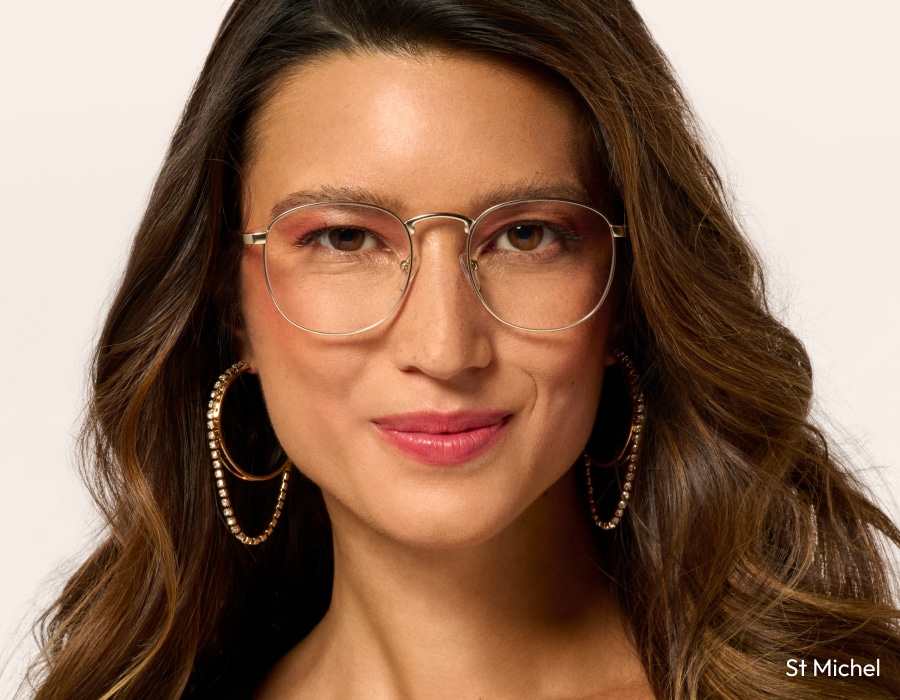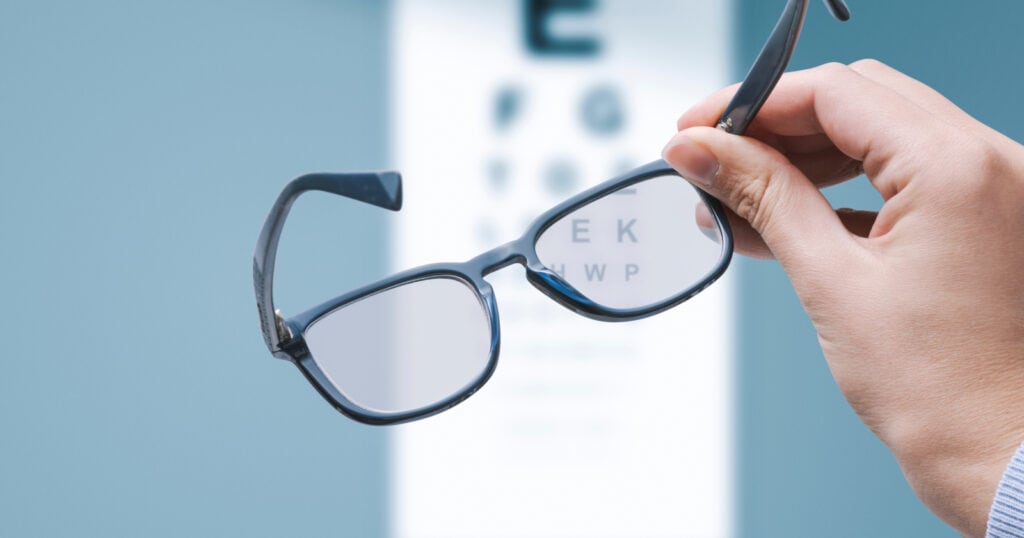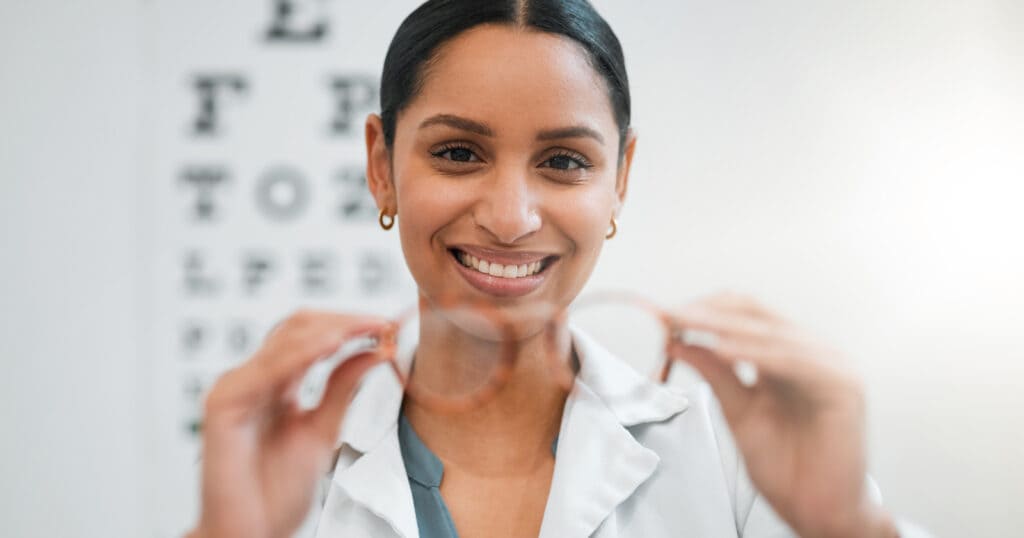When Is National Eye Exam Month?
National Eye Exam Month is observed every year in August to raise awareness about the importance of routine eye care and eye exams. It also serves as a helpful reminder to schedule a comprehensive eye exam for yourself and your kids.
History of National Eye Exam Month
National Eye Exam Month was established by Sears Optical in 1989, but eye care and eye exams have been around for much longer. Here are some highlights over time:
- Some of the earliest written references to eyes were made in the Code of Hammurabi in 2250 BC. While the Ancient Babylon text may be best known for its “eye for an eye” principle, it also details payment for successful eye surgery.
- Knowledge of eye anatomy, disease, and treatment expanded from 1550 BC to 1583 AD. Important texts on the subject were written around the world and across human civilization, including Ancient Egypt, Ancient India, Ancient Greece, Ancient Rome, the Arabian Era, and the Renaissance.
- In 1805, Moorfields Eye Hospital — the first dedicated ophthalmic hospital — opened in London, England. The first university ophthalmology department was founded in the general hospital of Vienna, Austria, in 1812.
- German physicist and doctor Hermann von Helmholtz invented the direct ophthalmoscope in 1851. Eye doctors still use this instrument to examine the back of the eye and assess the health of the retina, optic nerve, and other parts of the eye.
- Many medical devices, surgical techniques, diagnostic tests, and other advancements were invented throughout the 19th and 20th centuries, including the launch of National Eye Exam Month.
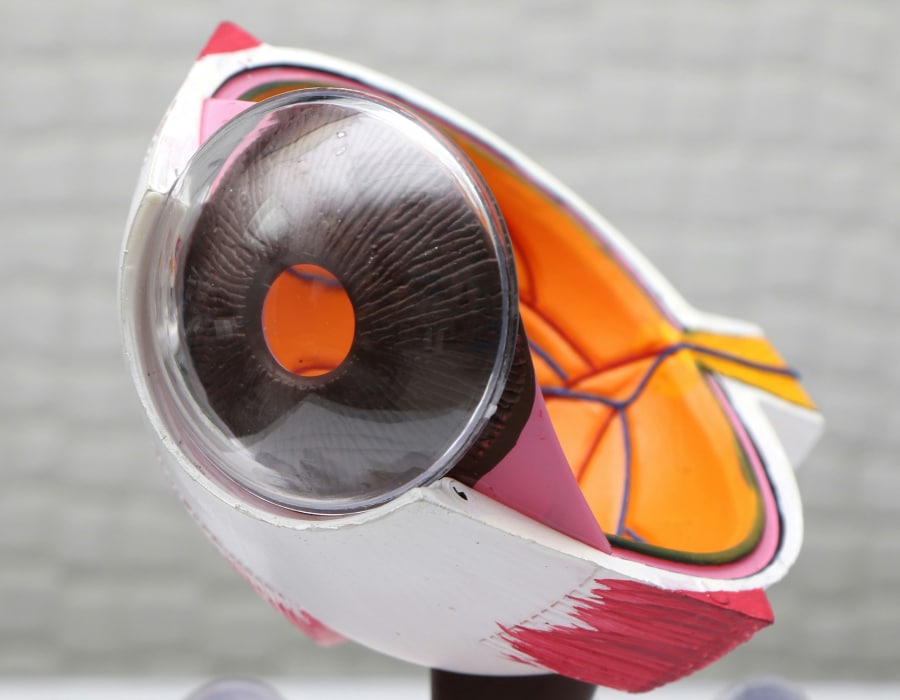
Why Is National Eye Exam Month Important?
Your vision affects every aspect of your life, so it’s crucial that you take care of your eyes. Vision issues can impact a child’s academic performance, self-confidence, and general behavior. Adults with uncorrected vision problems are less likely to be employed and are at a higher risk of experiencing depression and anxiety.
When you get a comprehensive eye exam, your eye doctor checks your vision and your eye health. Some of the things they look for are:
- Refractive errors – If you can’t see objects clearly up close, far away, or at any distance, you may have myopia (nearsightedness), hyperopia (farsightedness), astigmatism, or presbyopia (age-related farsightedness).
- Vision changes – Age-related eye conditions like cataracts, glaucoma, and macular degeneration can lead to partial vision loss or even blindness. Early detection and treatment are key to managing symptoms and preserving vision.
- Muscle issues – You have eye muscles that control eye movement, position, near focusing, and how much light enters the eye. If these muscles aren’t working properly, you could have an eye disorder like amblyopia (lazy eye) or strabismus (crossed eyes).
- Cancer or tumors in the eye – While rare, intraocular melanoma and retinoblastoma are cancers of the eye that your eye doctor can detect during an eye exam.
Eye exams are also important because they can reveal problems with your overall health. Your eye doctor may be the first to see signs of:
- A brain tumor
- Blood, tissue, or skin cancer
- Diabetes
- High blood pressure
- High cholesterol
- Lupus
- Heart disease
- Stroke
- Thyroid disease
The American Optometric Association (AOA) recommends that adults ages 18 to 64 get a comprehensive eye exam every one to two years, or as often as their eye doctor recommends. Adults 65 and older should get an eye exam every year, or as often as their eye doctor recommends.
Kids Need Eye Exams Too
Your child may get a vision screening at school or at the pediatrician, but it is not a substitute for a comprehensive eye exam. Research has found that vision screenings miss up to 75% of eye problems.
Screenings are a tool used to help identify children with vision issues — like nearsightedness and farsightedness — so they can be referred to an eye doctor for a comprehensive exam. An eye doctor can assess their vision and eye health during the exam and prescribe glasses or other vision correction if needed.
A comprehensive eye exam for kids is similar to an adult exam. The American Optometric Association recommends that children get eye exams at the following ages:
- First eye exam between 6 and 12 months old
- One exam between 3 and 5 years old
- One exam at age 6 or before a child starts school
- An exam every year through age 17. If a child is at risk for vision or eye health problems, the eye doctor may recommend they have an exam more often.
If it’s been a while since you had an eye exam, celebrate National Eye Exam Month by making an appointment with your eye doctor. If you need glasses, shop our wide variety of specs for women, men, and kids. You’re sure to find your perfect pair.

